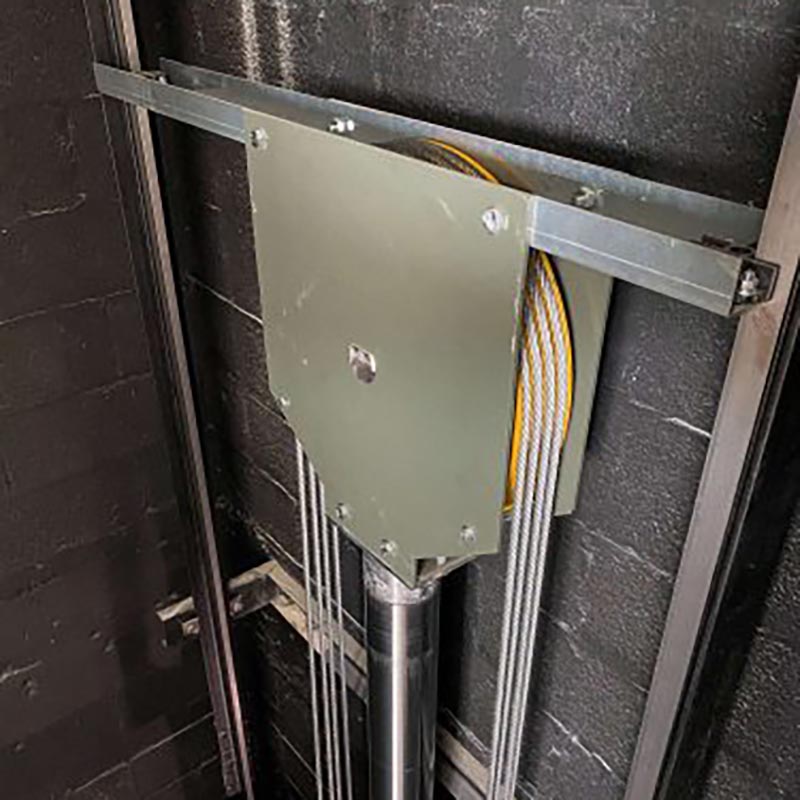
By: Jayden Thi
Year: 2023
School: Renascence School International
Grade: 6
Science Teacher: Hannah Juang
In this project, Jayden conducted an experiment to explore the impact of different liquids on the speed of a hydraulic elevator. By constructing a mini-hydraulic elevator using everyday materials, Jayden aimed to determine the quickest working liquid for this type of elevator. Water served as the control, while maple syrup, olive oil, and saltwater were selected as the experimental groups. The experiment involved measuring the time taken to lift the hydraulic elevator with each liquid, and the results were analyzed to draw conclusions.
To conduct the experiment, Jayden utilized popsicle sticks, rubber bands, syringes, and a plastic straw to construct the hydraulic elevator. The elevator was tested using various liquids. The syringe was positioned 1 foot above the ground and pressed down by a 7-pound water bottle, applying a light grip. The time required to lift the hydraulic elevator was carefully recorded for each liquid.
The results of the experiment revealed interesting findings regarding the effect of different liquids on hydraulic elevator speed. Water proved to be the fastest working liquid, while olive oil demonstrated the slowest performance among the tested liquids.
Based on the collected data, the hypothesis stating that water, being the least dense liquid, would be the fastest working liquid for a hydraulic elevator was supported. The results indicated that water exhibited the shortest duration to travel through the tubing and lift the hydraulic elevator. However, olive oil, being denser than water, resulted in slower elevator movement.
To enhance the validity of future experiments, Jayden proposed several improvements. These include using non-splintered popsicle sticks during construction to ensure consistency, conducting the experiment on a level table to eliminate any potential biases, and controlling the temperature of all trials to minimize external influences.
